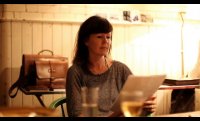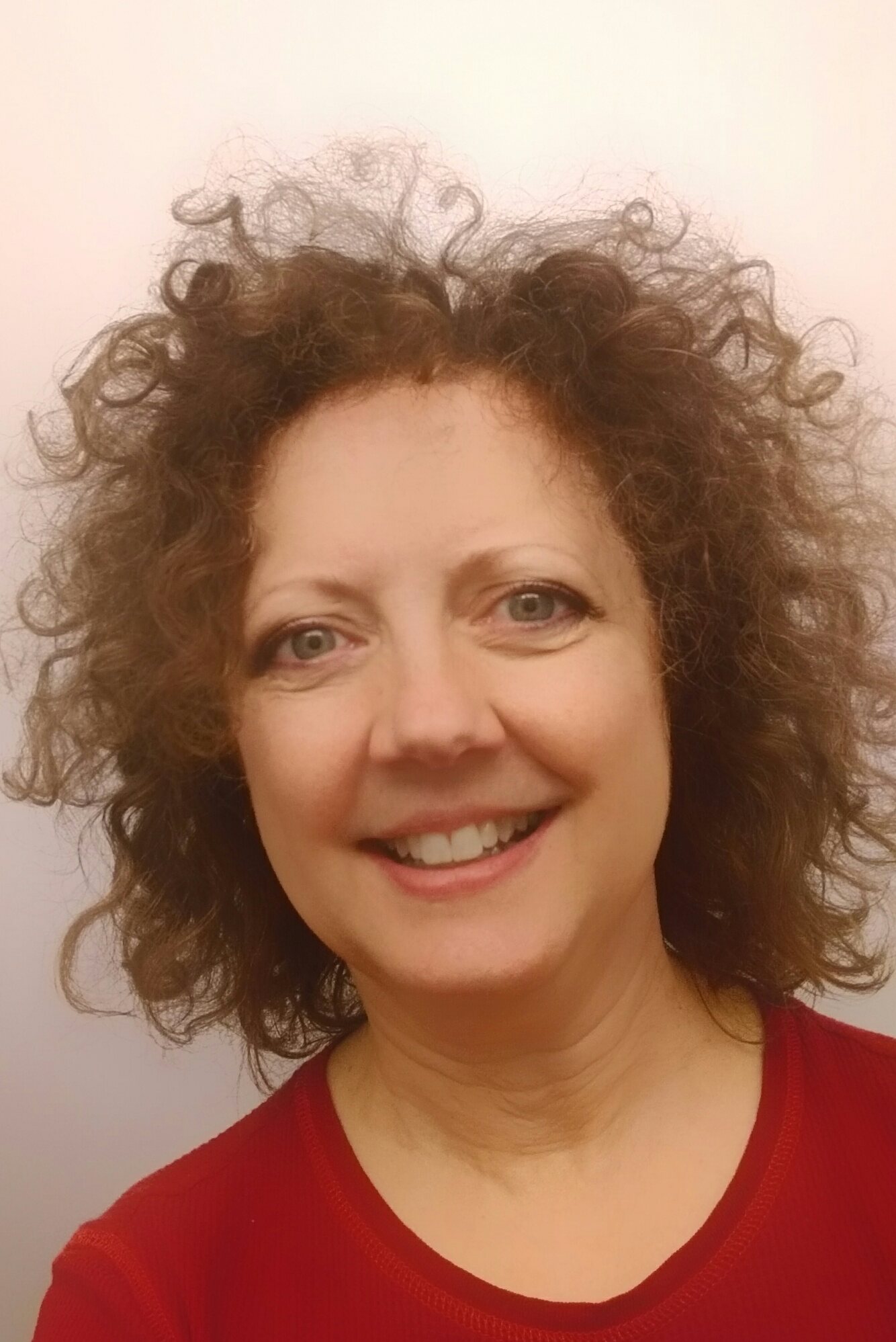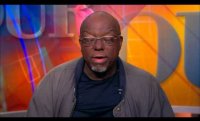Gay, Beatty, Nelson, Jefferson win NBCC Awards
The winners of the 2015 National Book Critics Circle Awards were announced last night in New York City. The winners include Ross Gay in poetry for Catalog of Unabashed Gratitude (University of Pittsburgh Press), Paul Beatty in fiction for The Sellout (Farrar, Straus and Giroux), Maggie Nelson in criticism for The Argonauts (Graywolf Press), and Margo Jefferson in autobiography for Negroland (Pantheon).

Charlotte Gordon won in biography for Romantic Outlaws: The Extraordinary Lives of Mary Wollstonecraft and Her Daughter Mary Shelley (Random House), and Sam Quinones won in nonfiction for Dreamland: The True Tale of America’s Opiate Epidemic (Bloomsbury). Kirstin Valdez Quade won the John Leonard Prize—given for an outstanding first book in any genre—for her story collection, Night at the Fiestas (Norton). Carlos Lozada, an associate editor and nonfiction book critic at the Washington Post, won the Nona Balakian Citation for Excellence in Reviewing. Wendell Berry, the author of eight novels, two story collections, twenty-eight books of poetry, and thirty-one books of nonfiction, received the Ivan Sandrof Lifetime Achievement Award.
The finalists in poetry were Terrance Hayes for How to Be Drawn (Penguin), Ada Limón for Bright Dead Things (Milkweed Editions), Sinéad Morrissey for Parallax and Selected Poems (Farrar, Straus and Giroux), and the late Frank Stanford for What About This: Collected Poems of Frank Stanford (Copper Canyon Press).
The fiction finalists were Lauren Groff for Fates and Furies (Riverhead), Valeria Luiselli for The Story of My Teeth (Coffee House Press), Anthony Marra for The Tsar of Love and Techno (Hogarth), and Ottessa Moshfegh for Eileen (Penguin Press).
The finalists in criticism were Ta-Nehisi Coates for Between the World and Me (Spiegel & Grau), Leo Damrosch for Eternity’s Sunrise: The Imaginative World of William Blake (Yale University Press), Colm Tóibín for On Elizabeth Bishop (Princeton University Press), and James Wood for The Nearest Thing to Life (Brandeis University Press).
The finalists in autobiography were Elizabeth Alexander for The Light of the World (Grand Central), Vivian Gornick for The Odd Woman and the City (Farrar, Straus and Giroux), George Hodgman for Bettyville (Viking), and Helen Macdonald for H Is for Hawk (Grove Press).
Established in 1974, the National Book Critics Circle Awards, which are among the most prestigious prizes for literature, are given annually for books published in the previous year. A board of twenty-four working newspaper and magazine critics and editors nominates and selects the winners each year. The 2014 winners included Claudia Rankine in poetry, Marilynne Robinson in fiction, and Roz Chast in autobiography.
Photos from left to right: Ross Gay (Jim Krause), Paul Beatty, Maggie Nelson, and Margo Jefferson









